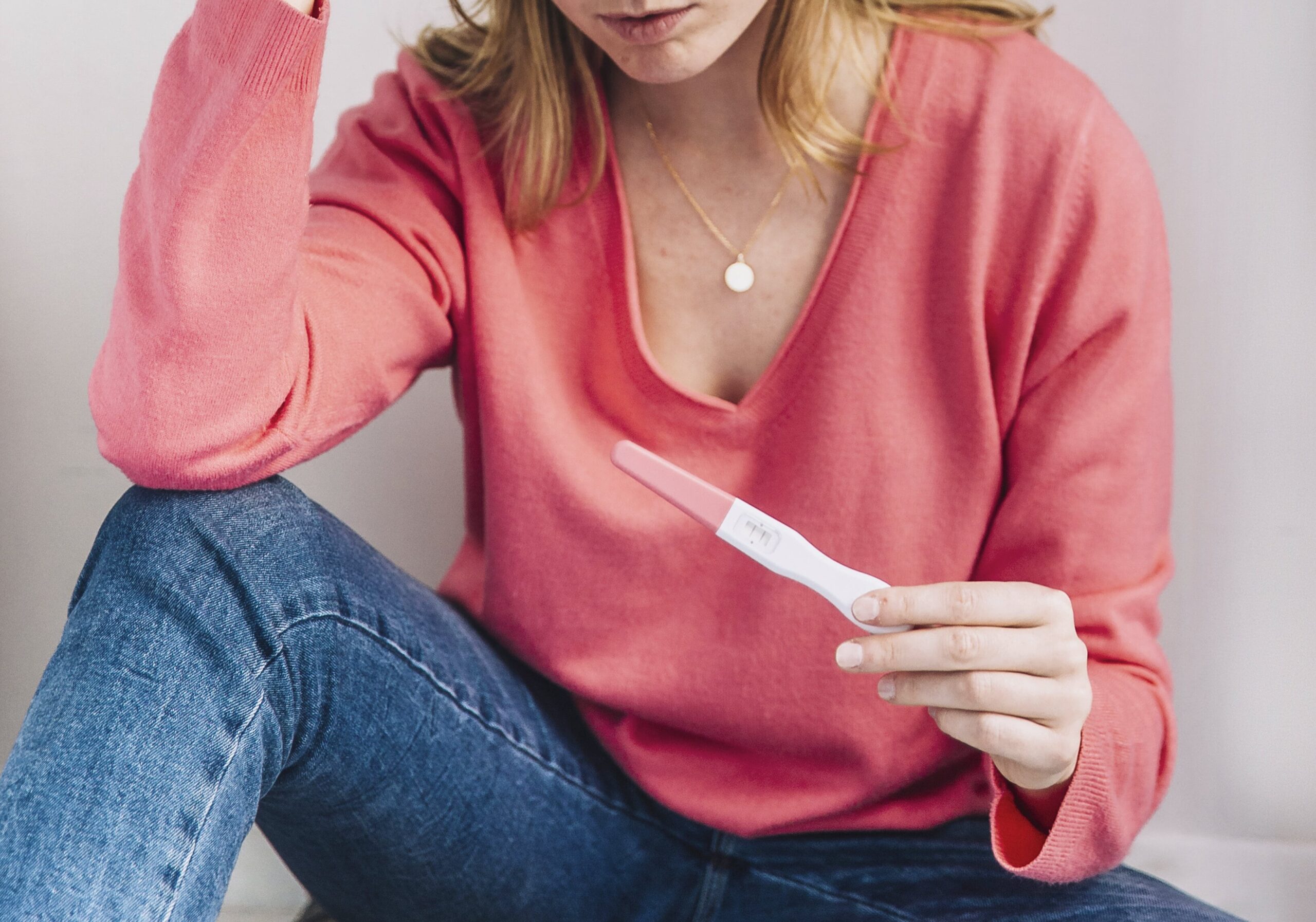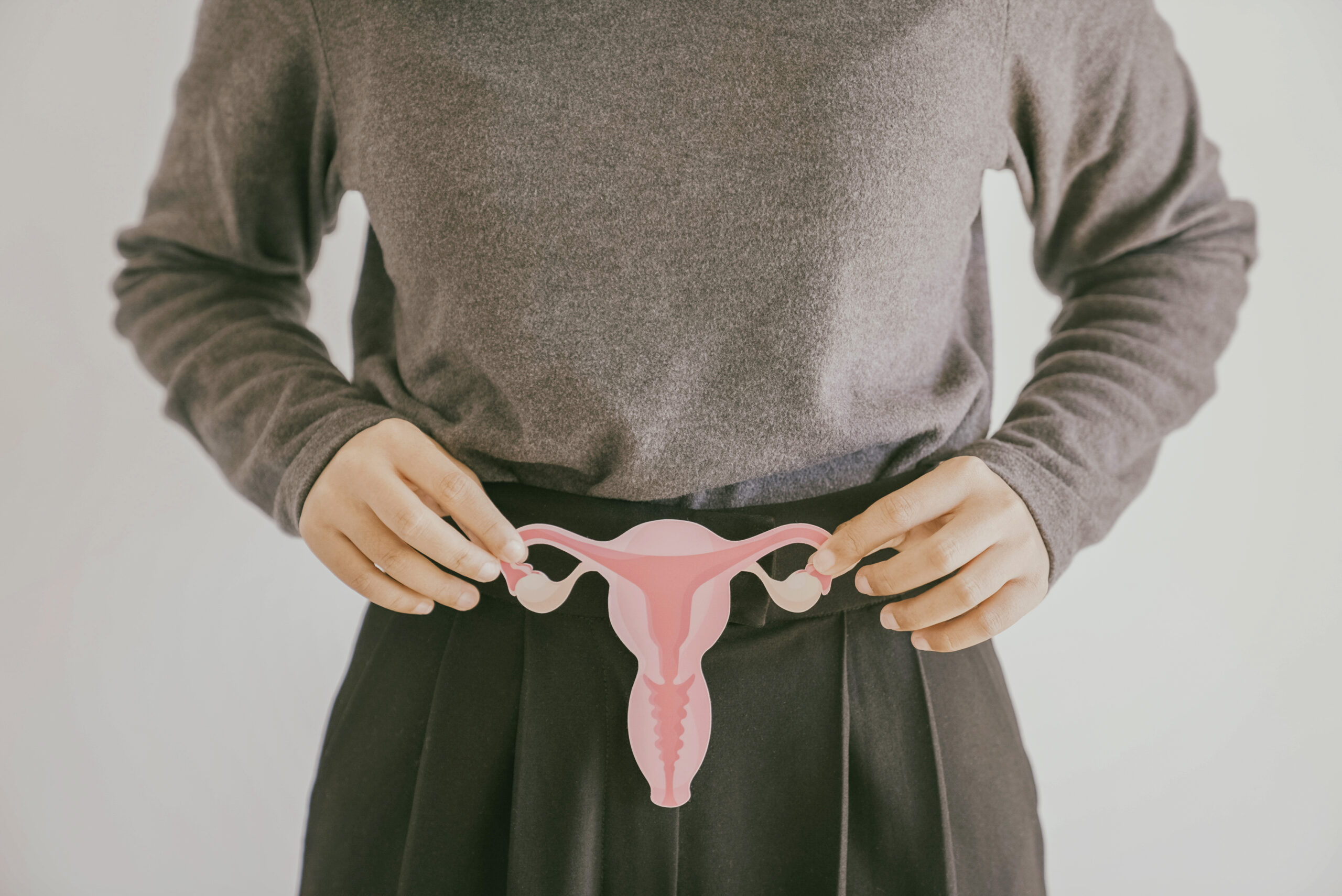6 signs of infertility in women
Infertility is a condition that affects many women around the world. It often goes unnoticed until couples face difficulty conceiving. Understanding the top signs and symptoms of infertility can help individuals seek proper medical attention and explore potential treatment options. In this article, we will discuss various indicators of infertility in women. These include physical symptoms, hormonal imbalances, emotional and psychological factors, age-related fertility decline, lifestyle factors, and medical conditions linked to infertility.
Infertility can be a complex issue influenced by a variety of factors. In women, common causes of infertility include ovulation disorders, uterine or cervical abnormalities, fallopian tube damage or blockages, endometriosis, and age-related factors. Ovulation disorders, such as polycystic ovary syndrome (PCOS), can disrupt the release of eggs from the ovaries, impacting fertility. Uterine or cervical abnormalities can hinder the implantation of a fertilized egg or the passage of sperm.
Fallopian tube damage or blockages can prevent the sperm reaching the egg or the fertilized egg traveling to the uterus. Endometriosis, a condition where tissue similar to the lining of the uterus grows outside the uterus, can also contribute to infertility by affecting the function of the reproductive organs. Additionally, age-related factors play a significant role in female fertility. This is because the quality and quantity of eggs decline as women age, making it more challenging to conceive.
Male Infertility
Male infertility can be attributed to factors such as low sperm count, poor sperm motility, abnormal sperm morphology, or blockages. Low sperm count, also known as oligospermia, refers to a lower than normal concentration of sperm in the ejaculate. This which can reduce the chances of fertilizing an egg. Poor sperm motility, or asthenozoospermia, indicates that the sperm have difficulty moving towards the egg for fertilization.
Abnormal sperm morphology, or teratozoospermia, pertains to sperm with irregular shape or size, affecting their ability to penetrate the egg. Conditions like varicoceles, infections, or previous surgeries can cause blockages in the male reproductive system. This can hinder the release of sperm during ejaculation. It is essential for both partners to undergo thorough evaluations to identify any potential factors contributing to infertility and explore appropriate treatment options.
Common Physical Symptoms to Watch For
There are several physical symptoms that may indicate infertility in women. Irregular menstrual cycles, painful periods, or heavy bleeding can be potential signs of an underlying issue. Additionally, experiencing pelvic pain, frequent urinary tract infections, or any abnormalities in the reproductive system should not be ignored, as they may indicate infertility concerns.
Other physical signs include excessive body hair growth, sudden weight gain or loss, or skin changes like acne or dark patches.
Furthermore, it’s important to pay attention to changes in cervical mucus consistency and basal body temperature, as these can provide valuable insights into ovulation patterns and overall reproductive health. Monitoring these subtle changes can help identify potential fertility issues early on and guide appropriate interventions.
In addition, keeping track of any changes in libido, breast tenderness, or mood swings can offer clues about hormonal fluctuations that may impact fertility. It’s essential to communicate openly with healthcare providers about these physical symptoms to ensure comprehensive evaluation and personalized treatment plans tailored to individual needs.
The Role of Hormonal Imbalances
Hormones play a crucial role in reproductive health, and any imbalances can contribute to infertility. Conditions such as polycystic ovary syndrome (PCOS), thyroid disorders, or even excessive stress can disrupt hormonal balance, affecting ovulation and fertility. Paying attention to irregular periods, unexplained weight gain, or unexpected mood swings may indicate the need for medical evaluation.
When hormonal imbalances are detected, medical interventions such as hormone replacement therapy or lifestyle changes may be recommended to restore fertility and increase the chances of conception.
Polycystic ovary syndrome (PCOS) is a common hormonal disorder among women of reproductive age. It is characterized by irregular menstrual cycles, high levels of androgens (male hormones) in the body, and multiple small cysts on the ovaries. Women with PCOS may experience difficulty getting pregnant due to irregular ovulation or lack of ovulation.
Thyroid disorders, such as hypothyroidism or hyperthyroidism, can also impact fertility. The thyroid gland plays a crucial role in regulating metabolism and energy levels in the body. When thyroid hormone levels are imbalanced, it can affect the menstrual cycle and disrupt ovulation, leading to fertility issues.
Emotional and Psychological Indicators
Infertility can have a profound impact on a woman’s emotional and psychological well-being. Feelings of sadness, frustration, guilt, or anxiety are not uncommon when facing difficulties in conceiving. It is essential to address these emotions and seek support from friends, family, or professionals to cope with the emotional challenges associated with infertility.
Moreover, the stress of infertility, coupled with societal expectations or pressures, can further exacerbate emotional distress. Engaging in self-care activities, joining support groups, or seeking therapy can help individuals navigate through these challenging times and maintain overall well-being.
It is important to recognize that the emotional toll of infertility can also affect relationships with partners, family members, and friends. Communication breakdowns, feelings of inadequacy, and intimacy issues may arise as individuals navigate the complexities of infertility. Seeking couples counseling or attending relationship workshops can provide a safe space to address these challenges and strengthen bonds during this difficult journey.
Furthermore, the societal stigma surrounding infertility can add an additional layer of emotional burden. Feelings of isolation, shame, or judgment from others may intensify the already existing emotional distress. Educating oneself about infertility, advocating for awareness, and connecting with advocacy groups can empower individuals to challenge societal misconceptions and find a supportive community that understands their struggles.
Age and Its Impact on Fertility
Age is an important factor that affects fertility in women. As a woman reaches her late 30s and beyond, the quality and quantity of eggs in her ovaries decrease. It is crucial to be aware of the potential impact of age on fertility and consider consulting a healthcare professional for guidance if pregnancy is desired at an older age.
While advanced age does not guarantee infertility, being proactive and seeking medical advice can facilitate informed decision-making and increase the chances of successful conception.
It is important to note that age also plays a significant role in male fertility. While men do not undergo a sudden decline in fertility like women do with menopause, advanced paternal age has been associated with a higher risk of genetic abnormalities in offspring. Research suggests that older men may experience a decrease in sperm quality and quantity, which can impact fertility and increase the time it takes to conceive.
Therefore, couples considering starting a family later in life should be aware of the potential implications of both female and male age on fertility, and may benefit from discussing these factors with a fertility specialist to explore all available options for conception.
Lifestyle Factors That May Affect Reproductive Health
Several lifestyle factors can influence a woman’s fertility. Smoking, excessive alcohol consumption, drug use, or poor nutrition can all have detrimental effects on reproductive health. Engaging in regular exercise, managing stress, and maintaining a healthy weight are essential for overall well-being and reproductive health.
Furthermore, exposure to environmental toxins, such as certain chemicals or radiation, can also impact fertility. Taking necessary precautions and being mindful of potential hazards can help protect fertility and optimize chances of conceiving.
It’s important to note that maintaining a balanced diet rich in vitamins and minerals is crucial for reproductive health. Certain nutrients like folic acid, iron, and omega-3 fatty acids play a key role in supporting fertility. A variety of fruits, vegetables, whole grains, and lean proteins in your diet can help you get the necessary nutrients to support your reproductive system.
In addition to environmental factors, age can also significantly affect a woman’s fertility. As women age, the quality and quantity of their eggs decrease, making it harder to conceive. It’s essential for women to be aware of their biological clock and consult with a healthcare provider. Understanding how age impacts fertility can help individuals make informed decisions about family planning and reproductive health.
Medical Conditions Linked to Infertility
Various medical conditions can be associated with infertility in women. Endometriosis, fibroids, pelvic inflammatory disease (PID), or previous pelvic surgeries can all affect the reproductive system and hinder conception. It is vital to consult with a healthcare professional if any of these conditions are present or suspected. Early detection and treatment can improve fertility prospects.
Additionally, certain chronic health conditions such as diabetes, autoimmune disorders, or polycystic ovary syndrome (PCOS) can also contribute to infertility. Proper management of these conditions, in collaboration with healthcare providers, is essential to optimize reproductive health.
Endometriosis is a condition where tissue similar to the lining of the uterus grows outside of the uterus. This can cause pain and potential fertility issues. Fibroids are noncancerous growths in the uterus that can affect fertility depending on their size and location. Pelvic inflammatory disease (PID) is an infection of the female reproductive organs, often caused by sexually transmitted infections. This can lead to scarring and blockages in the fallopian tubes.
Furthermore, diabetes can impact fertility by affecting hormone levels and disrupting ovulation. Autoimmune disorders, where the immune system mistakenly attacks the body’s own tissues, can also target reproductive organs and impact fertility. Polycystic ovary syndrome (PCOS) is a hormonal disorder that can cause irregular periods and affect ovulation, making it harder to conceive.
In Conclusion
Recognizing the signs of infertility in women is crucial for early detection and intervention. From physical symptoms and hormonal imbalances to emotional indicators and age-related factors, understanding these aspects can empower women to seek appropriate medical attention and explore potential treatment options. By addressing lifestyle factors and managing underlying medical conditions, the journey towards achieving pregnancy becomes more informed and potentially more successful.





